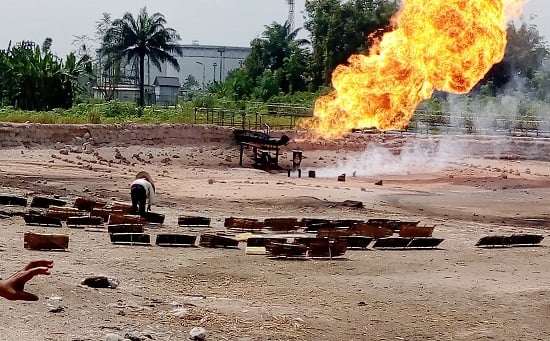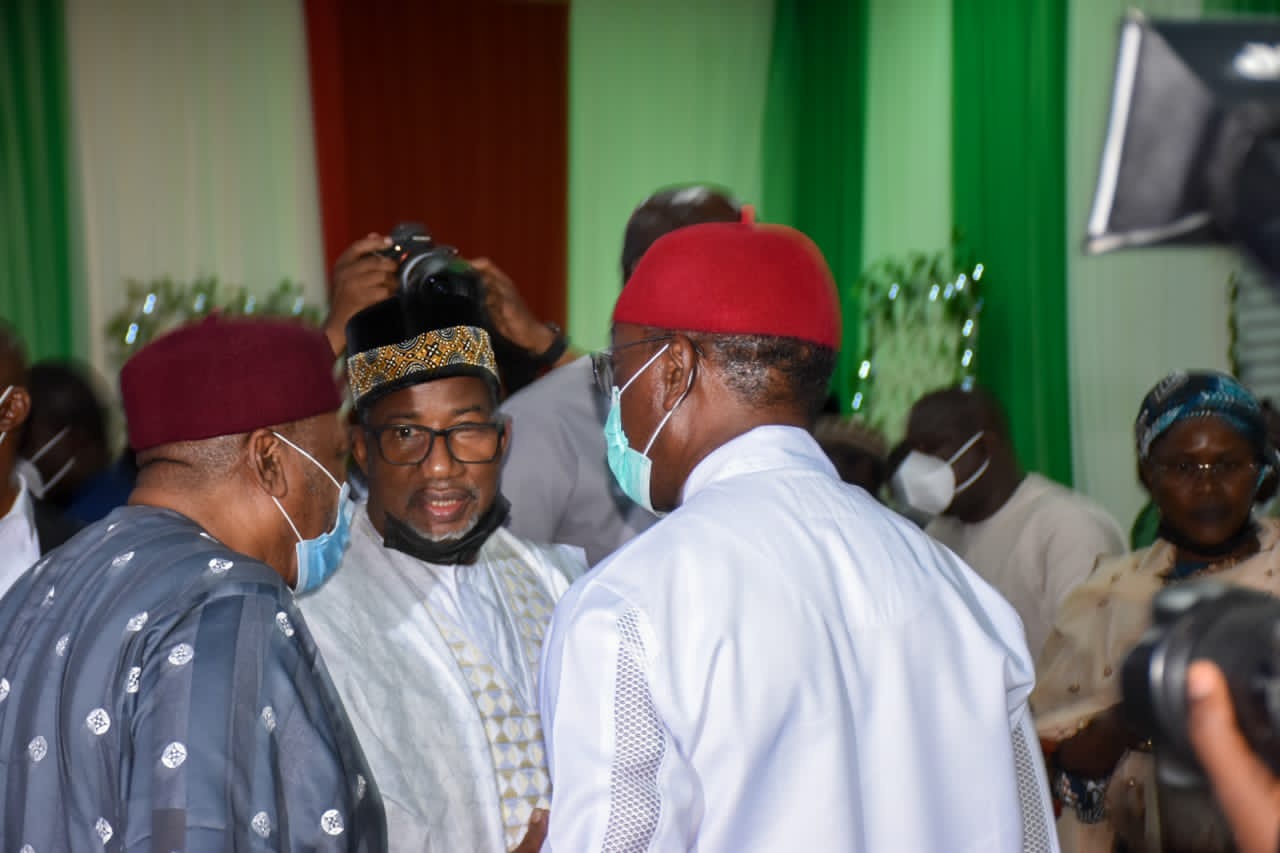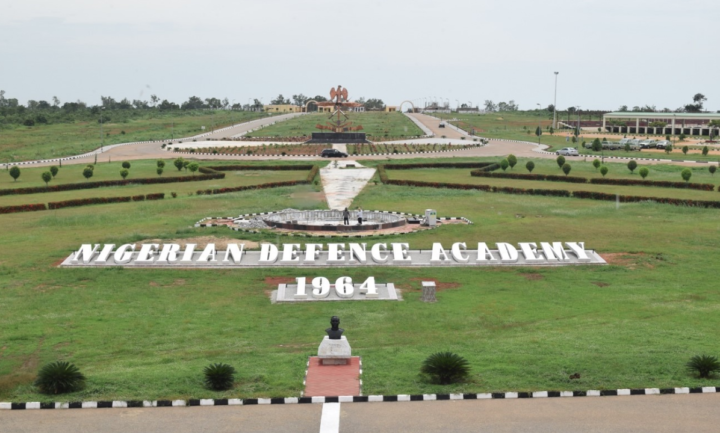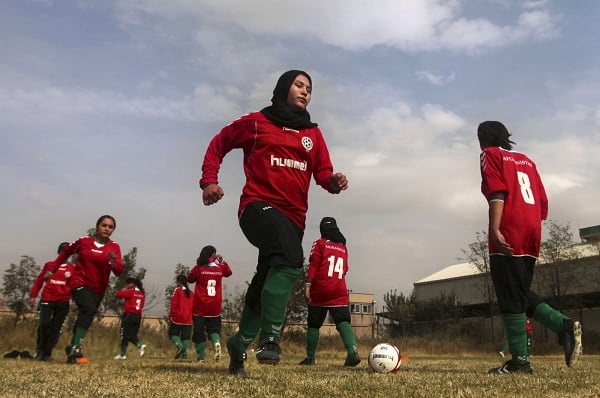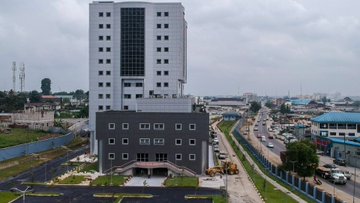The Petroleum Industry Act (PIA) grants host communities more financial benefits than the 3 percent allocation from the actual annual operating expenditure of oil companies.
The host community section of the PIA provides for host communities’ development trusts to foster sustainable prosperity, enhance peace, and cordial relationship between licensees and lessees, and the communities.
The fund is expected to be incorporated within 12 months after the commencement date for new or existing oil mining leases.
In its timeline for the implementation of the PIB, the government had set August 2022 for setting up the host community trusts fund.
Advertisement
Section 240 (2) of the Act states that each settlor (operator) provides an annual contribution to the host communities’ development trust fund (HCF) – 3 percent of its actual annual operating expenditure.
Stakeholders in the oil communities have rejected the 3 percent, describing it as meagre. They also compared it with the 30 percent profit oil, gas for the frontier exploration fund.
But Mele Kyari, group managing director of the Nigerian National Petroleum Corporation (NNPC), had said host communities of oil companies in the Niger Delta could get $500 million annually from the new Petroleum Industry Act (PIA).
Advertisement
Analyses of the PIA by TheCable show that the host communities would enjoy more financial benefits from the law.
GAS FLARING PAYMENTS GO TO HOST COMMUNITIES
The soothing problem in Niger Delta finally has a relief. Gas flare penalties will go directly into solving gas flared by operators in oil-producing communities.
Apart from the 3 percent HCF, the petroleum law also provides the administration of gas penalty funds to host communities. According to section 104 (4) of the Act, money received from gas flaring penalties by the commission will be for the purpose of environmental remediation and relief of the host communities of the settlor on which the penalties are levied.
Advertisement
Section 52(7)(d) further assigned the collection to a dedicated midstream and downstream gas infrastructure fund. The penalty fee is prescribed by the Flare Gas (Prevention of Waste and Pollution) Regulations, according to section 105 (1).
Flare Gas regulation 2018 prescribed a fine of $2 per thousand standard cubic feet in the case of anyone producing 10,000 barrels of oil or more, and a fine of $0.50 per thousand standard cubic square feet of gas for oil production lesser than 10,000.
Using the latest figures from the Department for Petroleum Resources (DPR), gas flared in 2018 was 321,290.35 mscf.
For instance, at the maximum penalty fee of $2, about $643 million will go host communities for the gas flare volumes in the year.
Advertisement
According to a NEITI oil and gas report, revenue from gas flare payment was put $307.5 million in 2019. That’s about N126 billion.
If Nigeria achieved its national gas flare commercialisation programme of zero gas flare, it would also be a win-win approach for the oil companies, government, and most importantly, host communities — eliminating health and environmental risks.
Advertisement
OPERATORS TO CONTRIBUTE TO ENVIRONMENTAL REMEDIATION BEFORE GRANT OF LICENSE
The Act also stated that conditions for granting a license now include a financial contribution to an environmental remediation fund established by the regulator.
Advertisement
This is also another win for the host communities as the contribution caters for environmental degradations.
The amount to be paid will be determined based on the audited risks, and also the amount will increase yearly as operations increase.
Advertisement
If a licensee refuses to rehabilitate, the regulator will use this fund.
The regulator can appoint an independent accessor to determine the operator’s financial contribution if it isn’t satisfied with the initial calculation.
Add a comment
